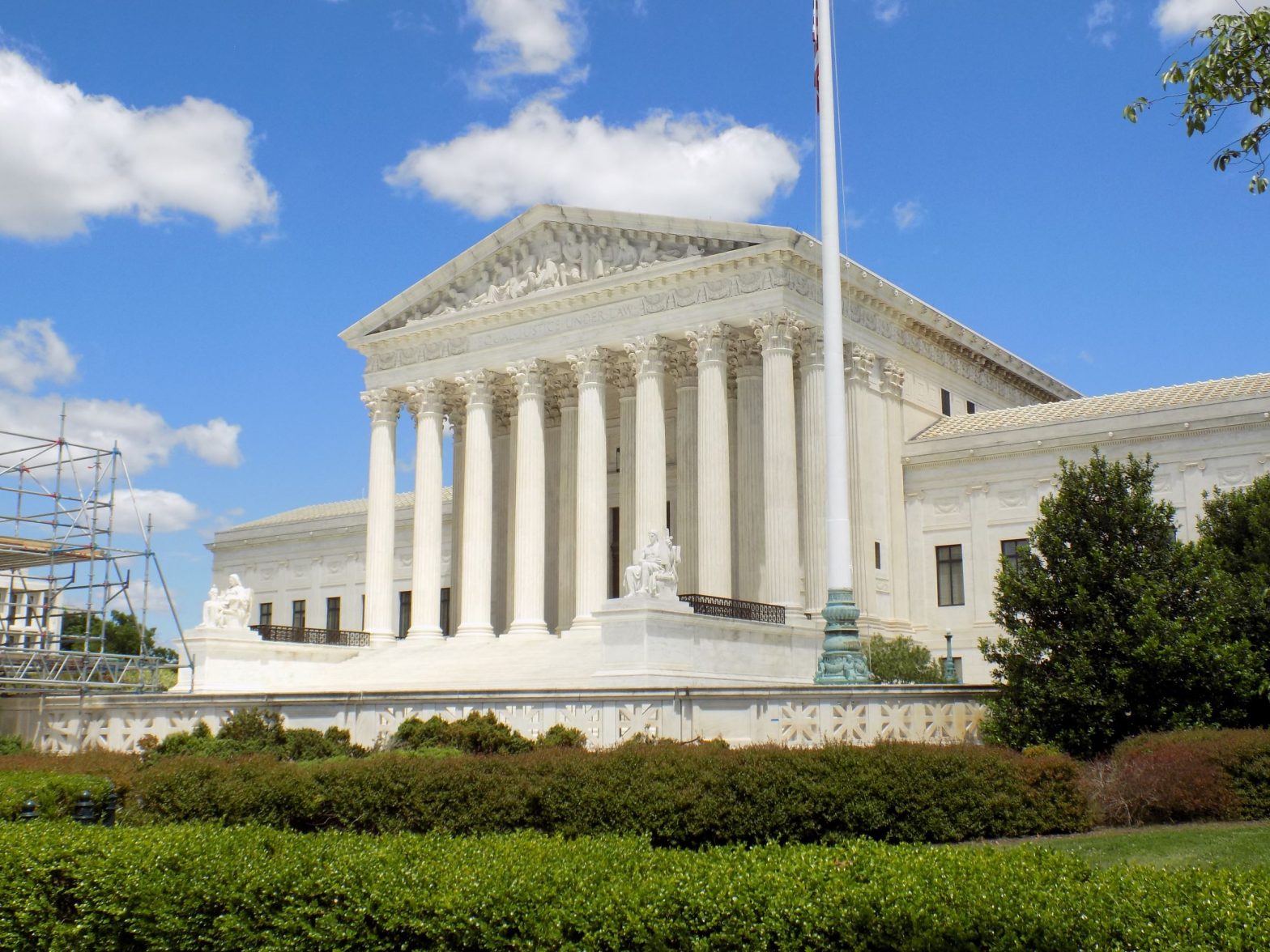Court Order Requiring Yeshiva Univ. to Recognize Gay Rights Group Remains in Place for Now

WASHINGTON — The legal fight isn’t over after the U.S. Supreme Court this week declined to overturn a state court order requiring New York’s Yeshiva University to give official recognition to a student gay rights group.
The university said the court order trampled its First Amendment freedom of religion rights in a dispute with potentially far-reaching consequences for religious institutions.
The group YU Pride Alliance sued to gain the same access to school accommodations as other student organizations by invoking New York City’s Human Rights Law. The law bans discrimination in public accommodations, including on the basis of sexual orientation or gender identity.
The university’s attorneys argued they should be granted a religious exception to the law.
Similar human rights laws are found in cities and states nationwide but never have been challenged before the Supreme Court on religious grounds.
The Supreme Court’s refusal to grant a stay of the court order won approval by a 5-to-4 majority. The four most conservative justices dissented.
Instead of ruling on the merits of the case, the Supreme Court said the university should pursue more of its legal options in the state court.
The majority opinion said the university could ask the court in Manhattan for expedited consideration of its appeal or it could file a corrected motion to challenge the injunction granted to YU Pride Alliance.
Afterward, the university could return to the Supreme Court if both strategies fail, the majority opinion said.
“Without an immediate stay of the permanent injunction issued below, the nation’s leading Jewish university will be forced to give official recognition to a student organization in violation of its sincere religious beliefs and Torah values,” the school wrote in its application for Supreme Court review.
University officials say they prefer to distance the school from LGBTQ issues to maintain their “nuanced” religious affiliation.
“Because Yeshiva’s very existence is dedicated to the collective expression and propagation of shared religious ideals, Yeshiva must be free to decide how its religious mission is expressed on its campus,” says the university’s court filing. “As such, Yeshiva’s decision not to approve the Pride Alliance club falls within this sphere of protected religious governance.”
The university is represented by attorneys from the Becket Fund for Religious Liberty, a public interest advocacy group based in Washington, D.C.
YU Pride Alliance had tried for years to obtain recognition from the university before filing its discrimination lawsuit in New York Supreme Court in Manhattan in April 2021.
The students argue the university has sent “a stark and painful message of rejection and non-belonging to its LGBTQ students and their allies.”
“By its acts of intentional discrimination, YU has inflicted and is continuing to inflict grave dignitary, emotional, and psychological harms on these college students, and indeed on all its students, who need belonging, safety, community, and support,” says their legal complaint against the university.
The students also say Yeshiva University is subject to New York City’s Human Rights Law because it is registered as a nonsectarian corporation that is eligible to receive government funding. Since registering a half-century ago, the university has received hundreds of millions of dollars in state funds and benefits, the students’ complaint says.
Supreme Court Justice Samuel Alito dissented from the majority opinion, saying it would force the university to deviate from its core principles as a religious institution.
“The upshot is that Yeshiva is almost certain to be compelled for at least some period of time (and perhaps for a lengthy spell) to instruct its students in accordance with what it regards as an incorrect interpretation of Torah and Jewish law,” Alito wrote.
Yeshiva University enrolls about 5,000 undergraduate and graduate students. It does not require that its students or faculty be Jewish.
The case is Yeshiva University et al. v. YU Pride Alliance et al. in the U.S. Supreme Court.Tom can be reached at [email protected] or on Twitter at @tramstack.
























